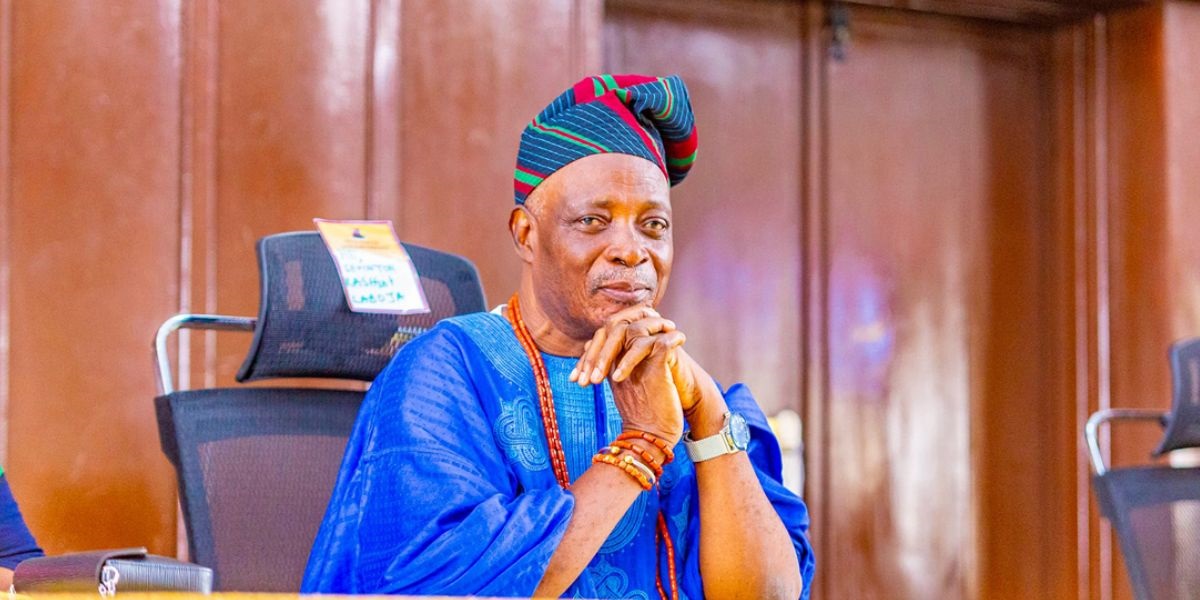
The Speaker of the House of Representatives, Dr. Tajudeen Abass, revealed that the country lost over $10 billion within the last seven months.
Speaking while inaugurating the investigative hearing on oil theft and losses, organised by the Ado Doguwa-led Special Committee on Oil Theft/Losses, Abass explained that the amount was calculated after evaluating the cost of an average of 437,000 barrels of crude oil lost daily due to theft, vandalism, and other criminal activities.
Represented by his deputy, Hon. Benjamin Kalu, Abass identified problems associated with crude oil theft, including environmental degradation, heightened insecurity in the form of piracy, kidnapping, militancy and vandalism, and the shutdown of production by many companies, as challenges militating against the oil and gas sector of the economy.
The Speaker remarked that the reduction in government revenue has invariably been responsible for government borrowing to address budget deficits over the years.
“Unfortunately, this has astronomically raised the debt burden of the country while also denying the country the optimal capacity for growth and development. If we must make progress as a nation, renew the hope of Nigerians and meet their yearnings, this appalling situation cannot be allowed to continue unabated,” he noted.
The Speaker stressed the need for collaboration between security agencies and oil industry operators to stem the tide of oil theft in view of the commitment by President Bola Tinubu to increase oil production to 2.6 million barrels per day by 2027 and 4 million barrels per day by 2030.
He applauded President Tinubu for directing the Chief of Defence Staff (CDS) to deal decisively with oil theft and pipeline vandalism within the shortest possible time in order to restore national production to the level befitting the status of Nigeria as one of the largest oil producers in the world.
The Speaker described the approval for the procurement of advanced solution technology to track every cargo of crude oil loaded in Nigeria up to its destination as a step in the right direction.
Expressing concern over the devastating effects of corrupt practices on the country, he reiterated the House’s determination to strengthen the Economic and Financial Crimes Commission (EFCC), the Nigeria Extractive Industries Transparency Initiative (NEITI), and other anti-corruption agencies to frontally combat corruption in the oil and gas sector.






